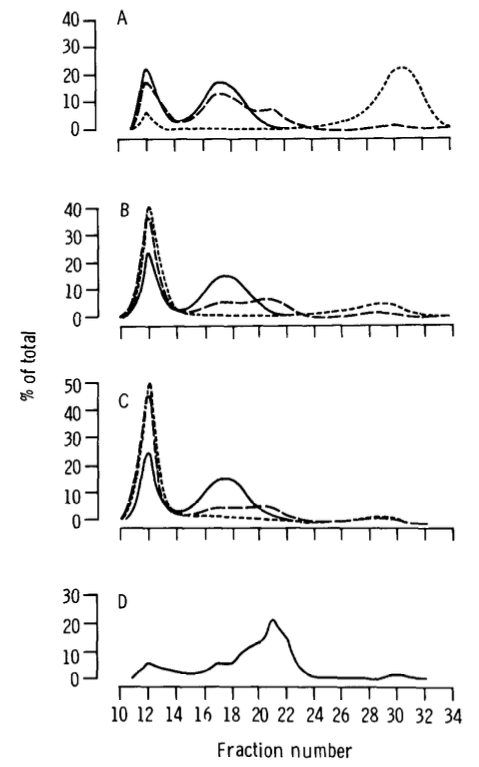Mempro™ Small Unilamellar Vesicles Liposomes
Creative Biostructure is focusing on providing protein production for structural biology research, development. We expertise in manufacturing membrane proteins, also known as liposomes. We have built advanced Mempro™ Liposome Technology for various types of liposomes, such as Small Unilamellar Liposomes/Vesicles (SUVs)
Unilamellar liposome is a spherical chamber/vesicle, bounded by a single bilayer of an amphiphilic lipid or a mixture of such lipids, containing aqueous solution inside the vesicle. Small Unilamellar Liposomes/Vesicles (SUVs) have sizes up to 100 nm; large unilamellar liposomes/vesicles (LUVs) may have sizes more than 100 nm up to a few micrometers (µm).
SUV liposomes consist of a single bilayer in a homogenous size. They are thermodynamically unstable and susceptible to aggregation and fusion at low or no charge. SUVs have several specific characteristics, such as limited capture of macromolecules, low aqueous volume to lipid ratio (0.2-1.5 l/mole lipid) and long circulation half-life. It can be prepared by reducing the size of MLV (Multilamellar vesicles) or LUV (Large unilamellar vesicles) using probe sonicator or gas extruder, or by “active loading” or solvent injection techniques.
Depending on the application, sonication and extrusion have various advantages that make them the two of the most common preparation methods for preparing liposomes. For example, sonication uses acoustic energy to induce pressure waves that break up large, multilamellar vesicles and aggregates into smaller vesicles. Small unilamellar vesicles (SUVs) composed of 1-palmitoyl-2-oleoyl-sn-glycero-3-phosphocholine (POPC) lipid (Avanti Polar Lipids, Alabaster, AL, USA) were prepared by the extrusion method or sonication. Indeed, the mass load of the critical vesicle concentration that is required to initiate vesicle rupturing decreases as a function of aging.
Based on the light scattering data, aging may allow extruded vesicles to achieve shape relaxation by osmotic expansion that leads to the self-assembly of incomplete planar bilayers. Interestingly, the aging process results in smaller, spherical vesicles, which would seemingly increase the propensity for vesicle rupture.
 Figure 1. Small unilamellar liposomes (2.0 umol phospholipid in 0.1 ml) composed of egg phosphatidycholine
(FEBS Letters 1980)
Figure 1. Small unilamellar liposomes (2.0 umol phospholipid in 0.1 ml) composed of egg phosphatidycholine
(FEBS Letters 1980)
In the blood of injected animals or in vitro in the presence of whole blood, plasma or serum, stability (in terms of bilayer permeability to solutes) of small multilamellar or small unilamellar liposomes can be controlled by adjusting their cholesterol content. Greatest stability of liposomes with total retention of entrapped solutes both in vivo and in vitro was achieved by using small unilamellar liposomes composed of equimolar amounts of phospholipid and cholesterol.
Besides LUVs, we also provide other types of liposomes, such as Large Unilamellar Vesicles Liposomes, Giant Unilamellar Vesicles (GUV) and Multivesicular Vesicles (MVV), and respective analysis service.
Reference:
Akbarzadeh et al. Liposome: classification, preparation, and applications. Nanoscale Research Letters 2013, 8:102
Nam-Joon Cho et al. Comparison of Extruded and Sonicated Vesicles for Planar Bilayer Self-Assembly. Materials 2013, 6, 3294-3308; doi:10.3390/ma6083294
Christopher Kirby et al. Cholesterol content of small unilamellar liposomes controls phospholipid loss to high density lipoproteins in the presence of serum. FEBS Letters. Volume 111, Issue 2, 10 March 1980, Pages 324-328. doi:10.1016/0014-5793(80)80819-2